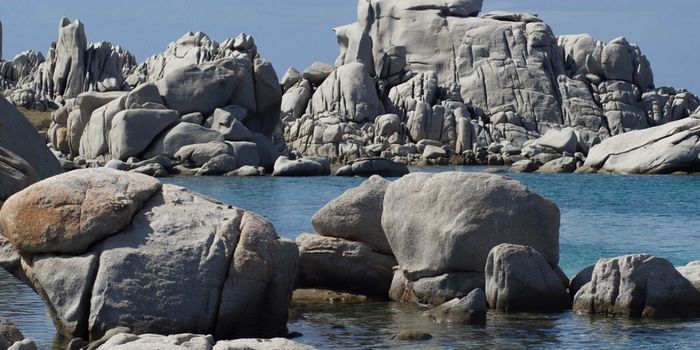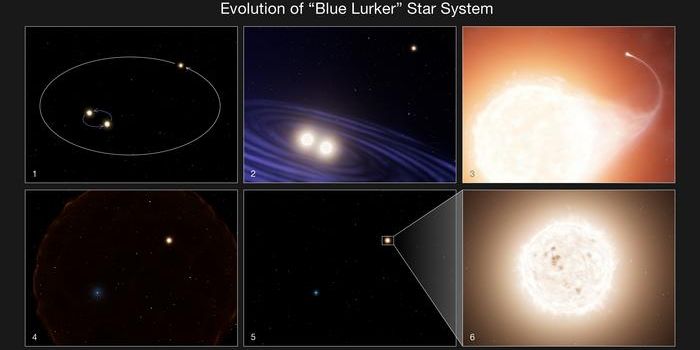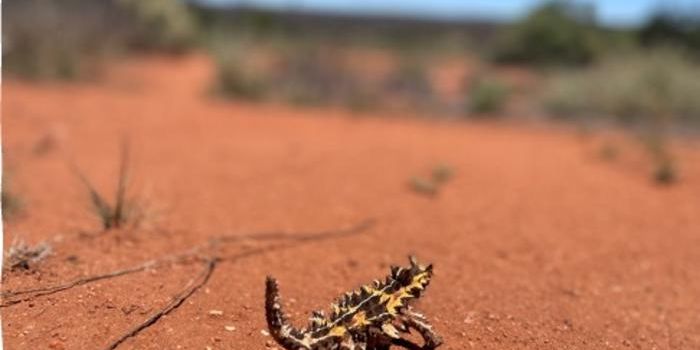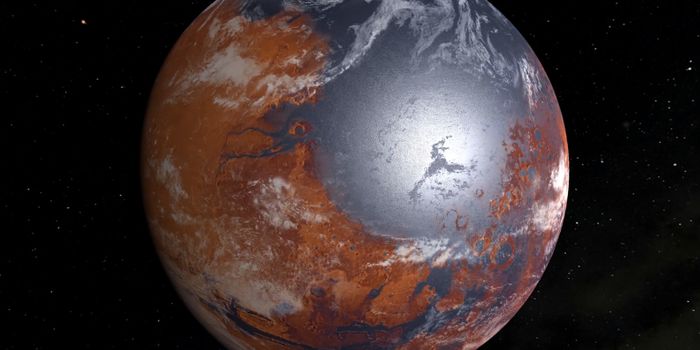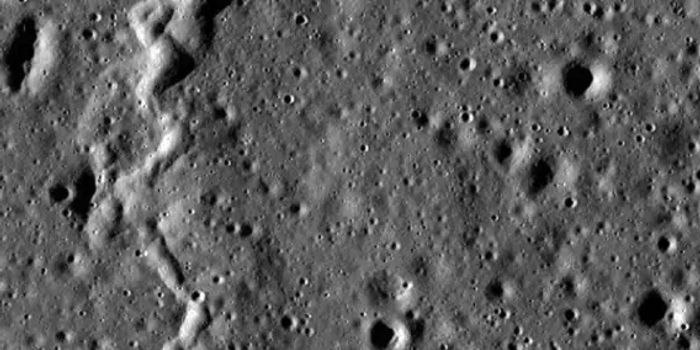Drop in CO2 Linked to Climate Change 34 Million Years Ago
A decline in the concentration of atmospheric CO2 drove the Earth’s climate to change from warm to ice-cold around 34 million years ago. The corresponding study was published in Nature Geoscience by researchers from the University of Bristol in the UK and the University of Melbourne in Australia.
During the Eocene period 40 million years ago, Antarctica was covered with lush forests. However, 34 million years ago, these forests were replaced by the ice sheets we see today. Until now, there has been little knowledge on how the climate changed so drastically over this period.
While sea surface temperature changes show evidence of long-term cooling, researchers need to know what temperatures simultaneously occurred on land to understand the reasons behind this cooling.
To visualize land temperatures during this period, researchers examined molecular fossils preserved in coals found in the southeast Australian Gippsland Basin. They used a new approach that analyzed the distribution of bacterial lipids.
These compounds, say the researchers, once made up the cell membranes of ancient bacteria and changed slightly over time to help bacteria adapt to changing temperatures and acidity levels in their environments. These lipids are particularly useful for researchers as they can be preserved for tens of millions of years.
In the end, the researchers found that land temperatures cooled alongside those in the ocean by around 3C. Then, in climate model simulations, they found that only a decline in atmospheric CO2 could produce the same cooling effect as seen in the coals.
“Our data form an important benchmark for testing climate model performance, sea–land interaction and climatic forcings at the onset of a major Antarctic glaciation,” wrote the researchers.
Their data also provides further evidence of the crucial role atmospheric CO2 plays in regulating the Earth’s climate, as well as the formation of ice sheets.
Sources: Nature Geoscience, Science Daily


